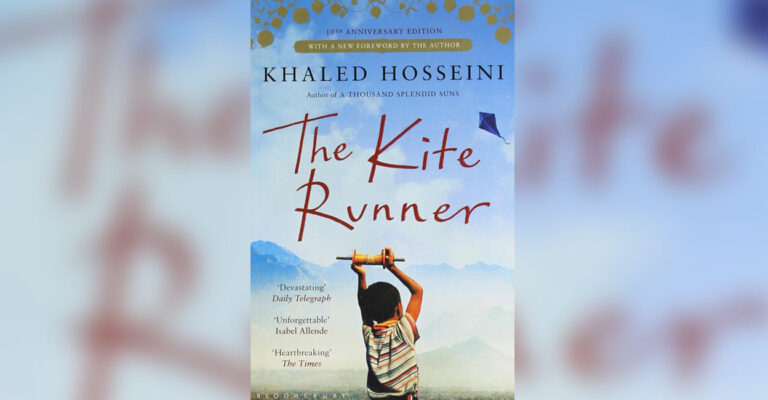Khaled Hosseini's influence on Afghan literature is profound and undeniable. There are countless great books and rich content, but not all of them have the power to captivate readers and evoke deep emotions. His books generally tell heartbreaking stories, and The Kite Runner is a perfect example. When it comes to heartbreak, it's not limited to romantic stories. His story delves into the love shared between friends, the bond between his father and son, and most importantly, the deep-rooted love for his homeland.
If you're looking for a compelling read that tugs at your heartstrings, The Kite Runner by Khaled Hosseini is the perfect book for you. However, please be careful. This story is highly emotional and may not be suitable for people with sensitive temperaments.
Published in 2003, The Kite Runner is Hosseini's debut novel that focuses on Amir, a boy from Kabul's Wazir Akbar Khan neighborhood. The story unfolds against the backdrop of Afghanistan's turbulent history, culminating in the fall of the monarchy, the Soviet Union's invasion, the mass migration of refugees to Pakistan and the United States, and the emergence of the Taliban regime.
Amir has a best friend named Hasan. Both Hasan's father and he work for Amir's father. Although they share a deep bond, Hasan and his family remain in Afghanistan. The story begins with Amir returning to Afghanistan to rescue Hassan's child.
This book is notable for three important reasons. First, it reveals the breathtaking beauty of Afghanistan that many have never heard of before. Secondly, the author beautifully depicts the relationships between the characters, such as the dynamics between Amir and his father, and Amir and Hasan. Finally, we will delve into the hardships that people faced as a result of the ravages of war.
The novel's characters are multifaceted and relatable, making the story both engaging and thought-provoking. The relationship between Amir and Hassan in particular is beautifully drawn, exploring themes of friendship, loyalty, and guilt.
Although this story is rooted in Afghan culture and history, the themes of love, guilt, redemption, and the impact of choices are universal, making it relatable to readers of all backgrounds.
Despite his particular cultural background, Hosseini masterfully weaves a story that resonates on a universal level. The novel's themes of love, betrayal, redemption, and the search for forgiveness are universally relatable, making it a moving exploration of the human condition.


